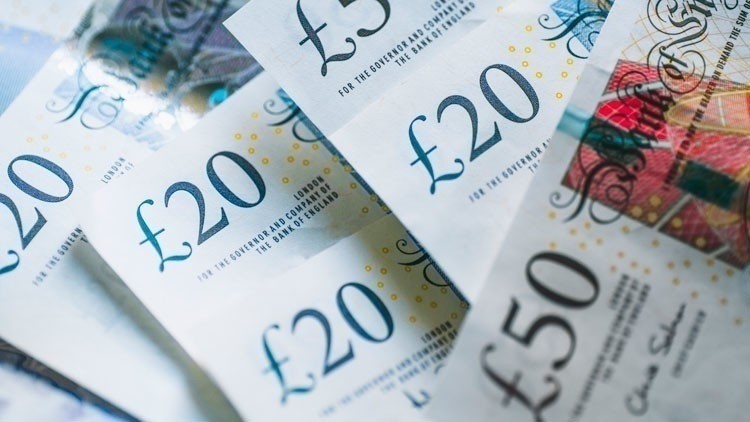Rise in National Insurance contributions 'a drag anchor on jobs growth'

Yesterday (7 September), Prime Minister Boris Johnson announced plans for a new health and social care levy to pay for reforms and the NHS in England.
The tax will begin as a 1.25 percentage point rise in National Insurance for employees and employers from April 2022. It will then become a separate tax on earned income from 2023, appearing on an employee's payslip.
A tax on income from dividends will also increase by 1.25% from April 2022.
The Prime Minister insisted the new levy was 'the reasonable and the fair approach', despite the fact it breaks a key Conservative manifesto commitment.
However, Suren Thiru, head of economics at the British Chambers of Commerce (BCC), says the move could damage recruitment and entrepreneurialism.
“Businesses strongly oppose a rise in national insurance contributions as it will be a drag anchor on jobs growth at an absolutely crucial time," he says.
"Firms have been hammered by 18 months of Covid related restrictions and have built up huge debt burdens.
“This rise will impact the wider economic recovery by landing significant costs on firms when they are already facing a raft of new cost pressures and dampen the entrepreneurial spirit need to drive the recovery.
“Businesses generate prosperity, create jobs and support communities. The focus should be on creating the best possible environment for them to grow and thrive so they can sustainably deliver the tax revenue needed to support our public services and the wider economy.”
Kitty Ussher, chief economist at the Institute of Directors, says the plan demonstrates a lack of understanding of the difficulties small business owners face, and 'smacks of political opportunism'.
“The tax on dividends will yet again target directors of small companies," she says.
"Incorporated sole traders and other owner-managers were the only group that were not supported by the government during the pandemic.
“This is an extraordinary time to be adding additional burden to business. It smacks of political opportunism at the expense of some of the most productive and entrepreneurial segments of the economy.”
About two-fifths of all NICs are paid by employers, with the rest borne by staff.
Employer NICs comprise the largest single tax on big business, accounting for 25.7% of all taxes paid in 2019 by the 100 biggest British companies, according to PricewaterhouseCoopers.



















